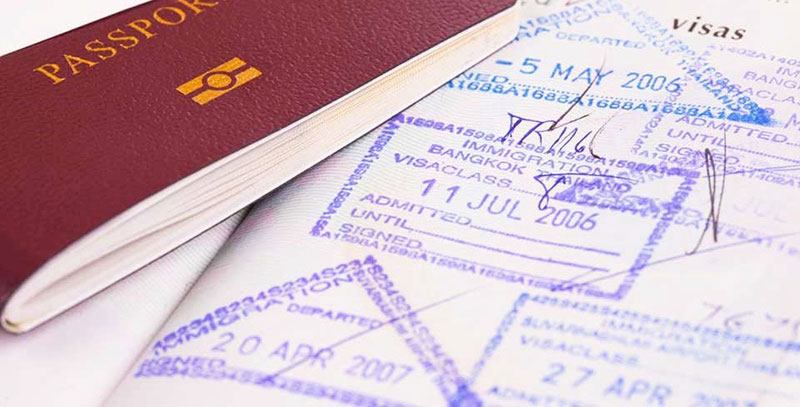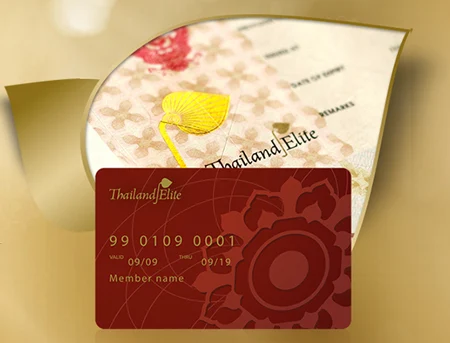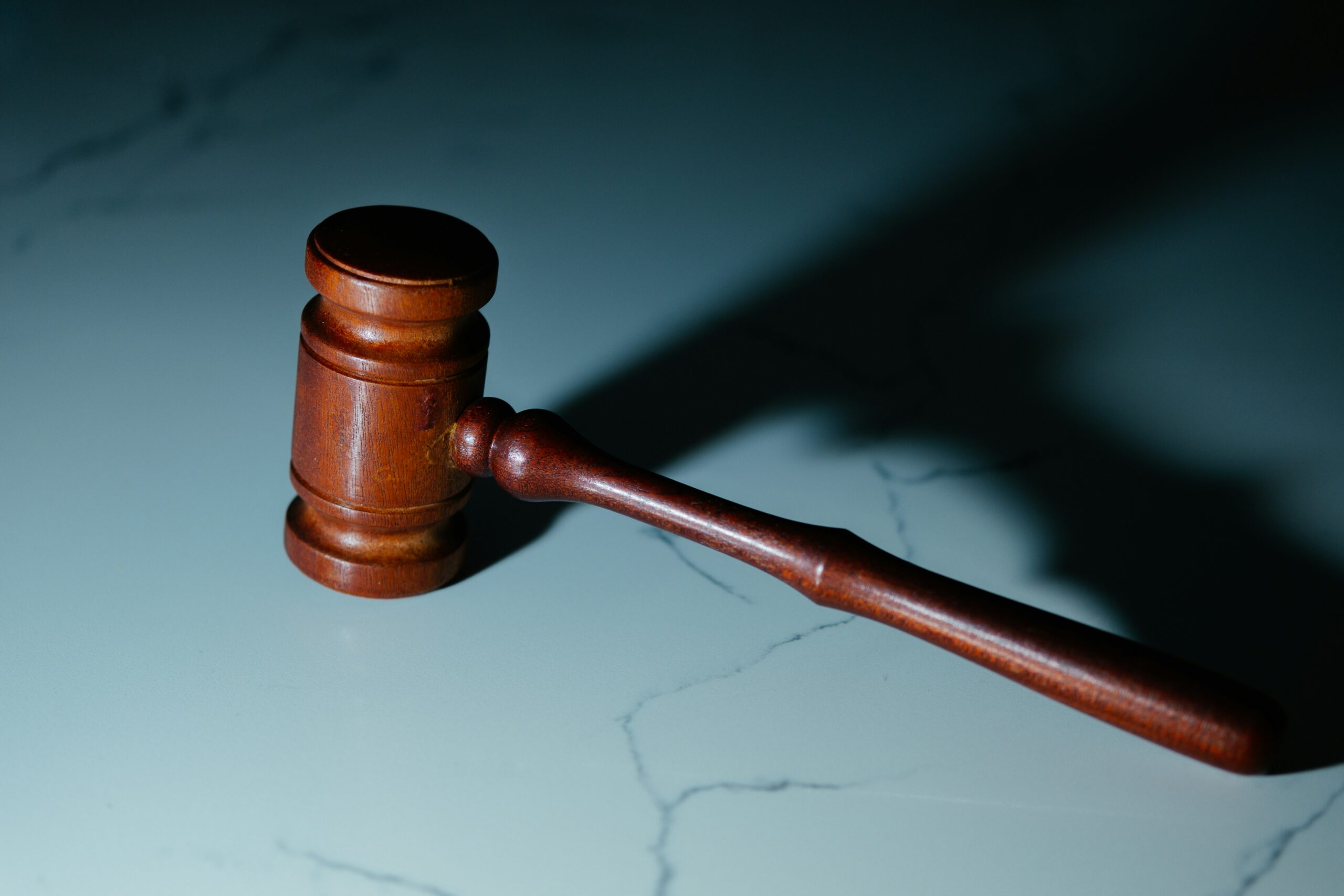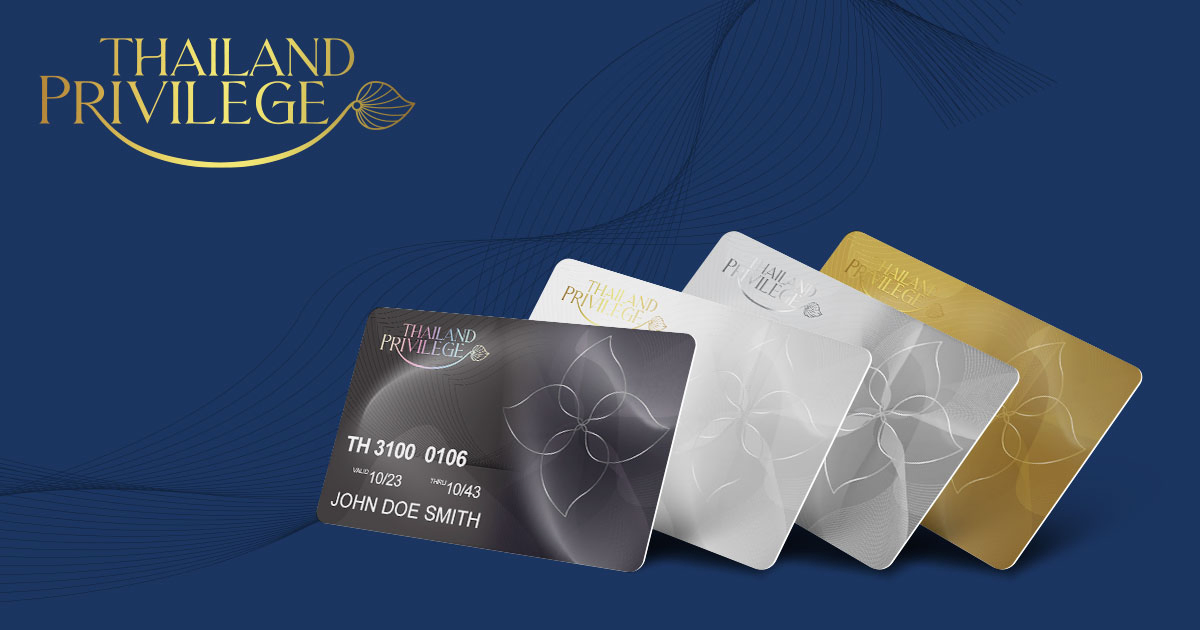Marital property in Thailand regime is statutory, precise in form, and consequential in practice. For anyone living, investing, or marrying in Thailand—especially cross-border couples—the legal classification of assets affects day-to-day management, creditor exposure, divorce settlements, and inheritance. This guide explains the legal categories, the typical courtroom approach to disputes, the special rules that apply to land and foreign spouses, and practical steps to preserve intended property rights.
Statutory framework and primary categories
Thai law divides spousal property into two main categories. Sin Somros (marital or communal property) broadly covers property acquired by the spouses during marriage; Sin Suan Tua (personal or separate property) covers assets that belong to a spouse individually, such as property owned before marriage, personal effects needed for daily life or trade (clothing, tools of a profession), and gifts or inheritances explicitly designated as personal. The Civil and Commercial Code sets out the presumptions and lists that determine these categories; where doubt exists, the Code presumes property to be marital. The statutory structure is designed to treat marriage as an economic partnership while preserving a narrow class of separate assets.
How courts decide classification — burdens and evidence
In disputes, courts focus on the origin of funds and the parties’ intent. Title alone (whose name appears on title documents or bank accounts) is not dispositive; a court looks to whether an asset was acquired with marital resources or personal funds, whether incomes (the “fruits” of property) were used for family purposes, and whether contemporaneous documentary evidence exists to support a claim of separateness. Practically, this means the spouse asserting that an asset is separate bears the evidentiary burden to show the asset falls within a Sin Suan Tua category or was expressly set aside as personal. Records, bank transcripts, contracts, and contemporaneous declarations are therefore decisive in litigation.
Fruits, income and mixed funds
Thailand recognizes that the fruits of separate property—interest, dividends, rent, or other returns—can become marital property, particularly when those proceeds are generated and used during the marriage for common benefit. The law and courts therefore require careful tracing when separate assets produce income: if those proceeds are commingled with marital funds or spent on family needs, the separate status can be lost for the income stream. Conversely, setting aside income in clearly identified separate accounts and documenting its use strengthens a claim of separateness.
Prenuptial agreements: form, scope and limits
Couples may contractually alter how assets are treated through a prenuptial (ante-nuptial) agreement, but Thai law prescribes strict formalities. A valid prenuptial agreement must be in writing, signed by both parties (and the required witnesses, where applicable) and must be registered with the marriage record at the district office contemporaneously with the marriage registration. Prenups are primarily limited to property and maintenance matters and cannot validly dictate issues outside that narrow scope. Because Thai rules are formalistic, mistakes in execution or registration can render an agreement ineffective; independent legal advice and correct procedural steps are therefore essential.
Land, foreign spouses and practical constraints
Land is a recurring flashpoint in Thailand because foreign nationals generally cannot hold freehold title to land. When a Thai spouse owns land, and the couple is married to a foreign national, the land’s classification has special practical consequences. Land purchased by or registered in the name of the Thai spouse during marriage will typically be treated as that spouse’s property unless clear evidence shows that funds and ownership were intended to be marital. Because buildings and improvements can be treated separately from the land itself, careful structuring—such as clear accounting for contributions to construction or improvement, or separate registration of buildings where legally possible—is necessary to protect interests of non-Thai spouses. For cross-border couples, planning must account for Thai land law as well as the marital property regime.
Management, consent and third-party effects
The Code differentiates everyday management from major acts that materially affect marital property. Significant transactions—selling or mortgaging real property, making high-value gifts, or incurring obligations that substantially affect marital assets—may require the consent of both spouses to be valid against the non-consenting spouse. Creditors rely on marital property to satisfy family debts incurred for the household, so creditors can also affect how property is used or seized. For this reason, documenting consents, powers of attorney, and the use of funds in writing is a routine and necessary commercial practice.
Division on divorce, separation and death
On divorce, courts identify Sin Somros and then divide that pool; the general result is that each spouse receives an equitable share after settlement of joint liabilities. Separate property remains with its owner. Because the law presumes assets acquired during marriage are marital, detailed records and proof of separate origin are vital in proving otherwise. At death, the surviving spouse retains statutory succession rights and receives both a share of marital property and any inheritance rights in the deceased’s personal estate, so classification again has direct inheritance consequences.
Practical steps to preserve intended rights
-
Document sources of funds — retain bank transfers, loan documents and receipts showing whether funds used for purchases were personal or marital.
-
Avoid commingling where protection is desired — keep separate bank accounts for distinct personal assets and record transfers if funds are intentionally converted to marital use.
-
Use contemporaneous written declarations — when a gift or inheritance is intended to remain personal, record that intent in writing at the time of transfer.
-
Execute prenuptial agreements correctly — follow statutory formalities and register the agreement with marriage records; obtain independent advice and bilingual drafting for cross-border couples.
-
Plan carefully for property involving land — structure ownership and improvements to reflect the parties’ intentions and beware of Thai restrictions on foreign land ownership.
-
Seek early legal and tax advice — because property classification affects creditor risk, tax consequences and succession, professional counsel should be involved before major transactions.
Cross-border complexity and closing note
Cross-jurisdictional elements—assets located abroad, marriages registered in different countries, or spouses with differing nationality and domicile—create additional layers of complexity, including parallel proceedings and conflict-of-laws issues. For international couples, robust contemporaneous documentation, clear contractual arrangements, and prompt professional guidance are the most reliable means of preventing later disputes. The statutory presumption in Thailand favors marital classification, so parties who wish to preserve separateness should plan and record that intention from the outset.










